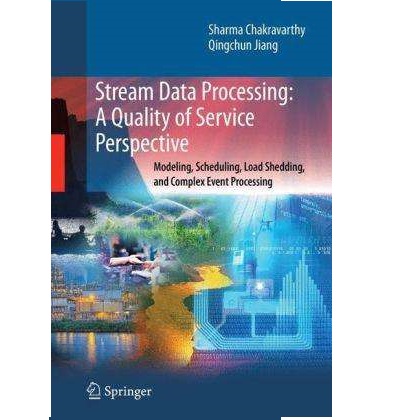In this paper, we investigate a mobile edge computing (MEC) system with its computation task subjected to sequential task dependency, which is critical for video stream processing and intelligent MEC applications. To minimize energy consumption per mobile device while limiting task processing delay, task offloading strategy, communication resource, and computation resource are optimized jointly under both slow and fast fading channels. In slow fading channels, an optimization problem is formulated, which is mixed-integer and non-convex. To solve this challenging problem, we decompose it as a one-dimensional search of task offloading decision problem and a non-convex optimization problem with task offloading decision given. Through mathematical manipulations, the non-convex problem is transformed to be a convex one, which is shown to be solvable only with the simple Golden search method. In fast fading channels, optimal online policy depending on instant channel state is derived. In addition, it is proved that the derived policy will converge to be offline when channel coherence time is low, which can help to save extra computation complexity. Numerical results verify the correctness of our analysis and the effectiveness of our proposed strategies over existing methods.
翻译:在本文中, 我们调查一个移动边缘计算( MEC) 系统, 其计算任务取决于相继任务依赖性, 这对于视频流处理和智能 MEC 应用程序至关重要 。 为了在限制任务处理延迟、 任务卸载策略、 通讯资源和计算资源的同时, 将每个移动设备的能源消耗最小化, 并同时限制任务处理延迟、 任务卸载策略、 通讯资源和计算资源在缓慢和快速淡化的渠道下共同优化 。 在缓慢淡化的渠道中, 生成一个优化问题, 即混合整齐拼接和非连接。 为了解决这一具有挑战性的问题, 我们将其分解成一个单向搜索任务卸载决定问题和任务卸载决定的非convex优化问题 。 通过数学操作, 非convex 问题将变成一个螺旋号, 只有简单的 Golden 搜索方法才能被显示是可溶解的 。 在快速淡化的渠道中, 生成一个最佳在线政策, 取决于快速通道状态 。 此外, 事实证明, 所得出的政策将会在频道一致性低时, 离线, 从而帮助节省额外的计算复杂性 。 。 。 。





